Tickets purchased within one week of a concert will be held at Will-Call on concert night.
There is nothing like listening to live music in a concert setting. We invite you to experience professional performances of symphonic works, both classic and modern.
Individual tickets for the May 12, 2026 Concert at the Center for the Arts are now available.
Join us for an unforgettable evening – Cabaret Amalfi Amore – to benefit the Symphony. It will be an evening of Love, Laughter, and Limoncello.
Click Here for More Information
From the dropdown menu, select Patron Packages with preferred seating, Men’s Committee to help underwrite the evening’s cocktail party, or Individual tickets.
Purchase through our secure account with PayPal™ below the ticket categories. You do not have to be a member of PayPal to use this service.
The Coastal Symphony of Georgia does not store financial information.
The Crescendo Circle offers special donor recognition for those who annually contribute a minimum of $1,000.
The Symphony is committed to offering performances of the finest in symphonic music. Your membership in the Crescendo Circle ensures our professional symphony can shine even brighter as the premier musical organization in the community.
The Symphony is a rare gem, drawing professional musicians from major cities across the Southeast and audiences from throughout the Golden Isles. The Symphony’s music director and conductor, Michelle Merrill, has extensive experience conducting symphonies coast to coast.
The Coastal Symphony draws those who love symphonic music into the performance hall and takes the music to smaller audiences with Salons and SoundBites events, Musical Mentors visits to area schools, and conductor-led speaker events.
Participation in the Crescendo Circle includes these benefits:
All Levels:
$2,500 and Above
$5,000 and Above
$10,000 and Above

Please become a member of the Crescendo Circle and join us in Raising the Baton!
The Coastal Symphony of Georgia, Inc. is a 501(c)(3) nonprofit organization.
Our Named Chair initiative provides the stable foundation necessary for The Coastal Symphony of Georgia to engage, enrich and inspire our community through artistically vibrant musical performances.
Your support is honored in our concert publications for three years. We thank our Named Chairs representing corporations and small businesses, individuals, and families. Become a Named Chair and show the world your passion – and which instrument represents your personal or company brand.
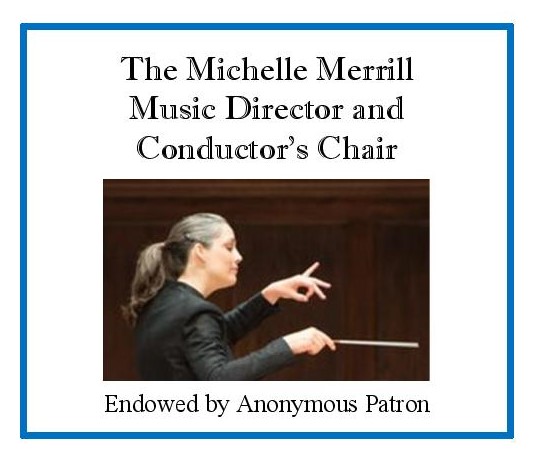



| Violin II | Flute | Trumpet |
| Viola | Oboe | Trombone |
| Cello | Clarinet | Tuba* |
| Bass | Bassoon | |
| Harp | Horn | Percussion |
*Currently available for sponsorship
The contribution may be paid in one installment, or in annual installments over three years. Named Chairs contributions are tax deductible within the extent of the law.
For more information: coastalsymphonyofgeorgia@gmail.com |
912-634-2006.
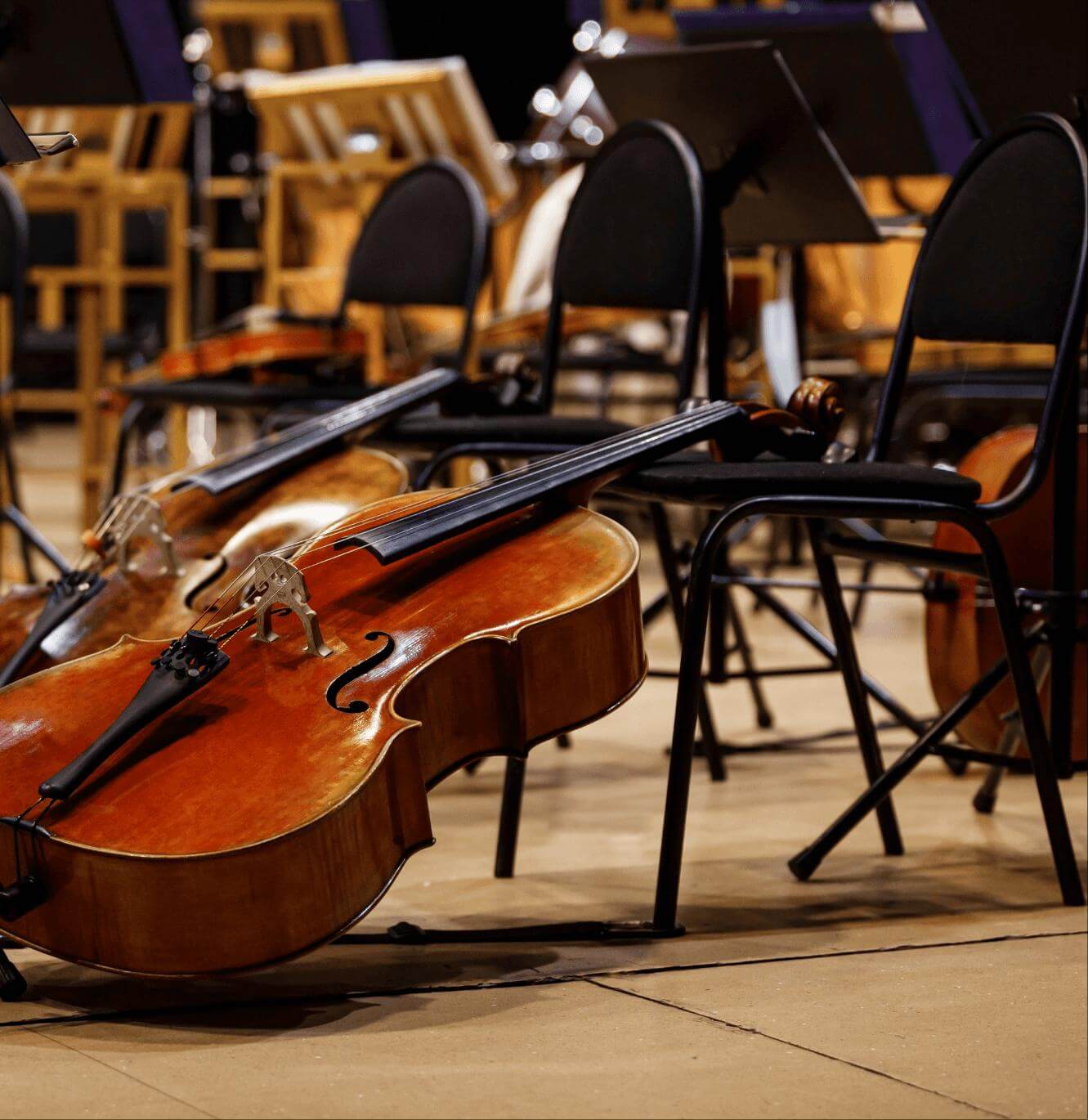
The Coastal Symphony of Georgia serves audiences and communities throughout the Golden Isles and the world through the power of musical performance.
We are deeply grateful to the following businesses, families and individuals who are supporting symphonic arts. We ask that you visit and engage in business with these companies, say hello to those you meet in the intermission hallway, and give a hand for those who support the magical impacts our Symphony will continue to deliver.
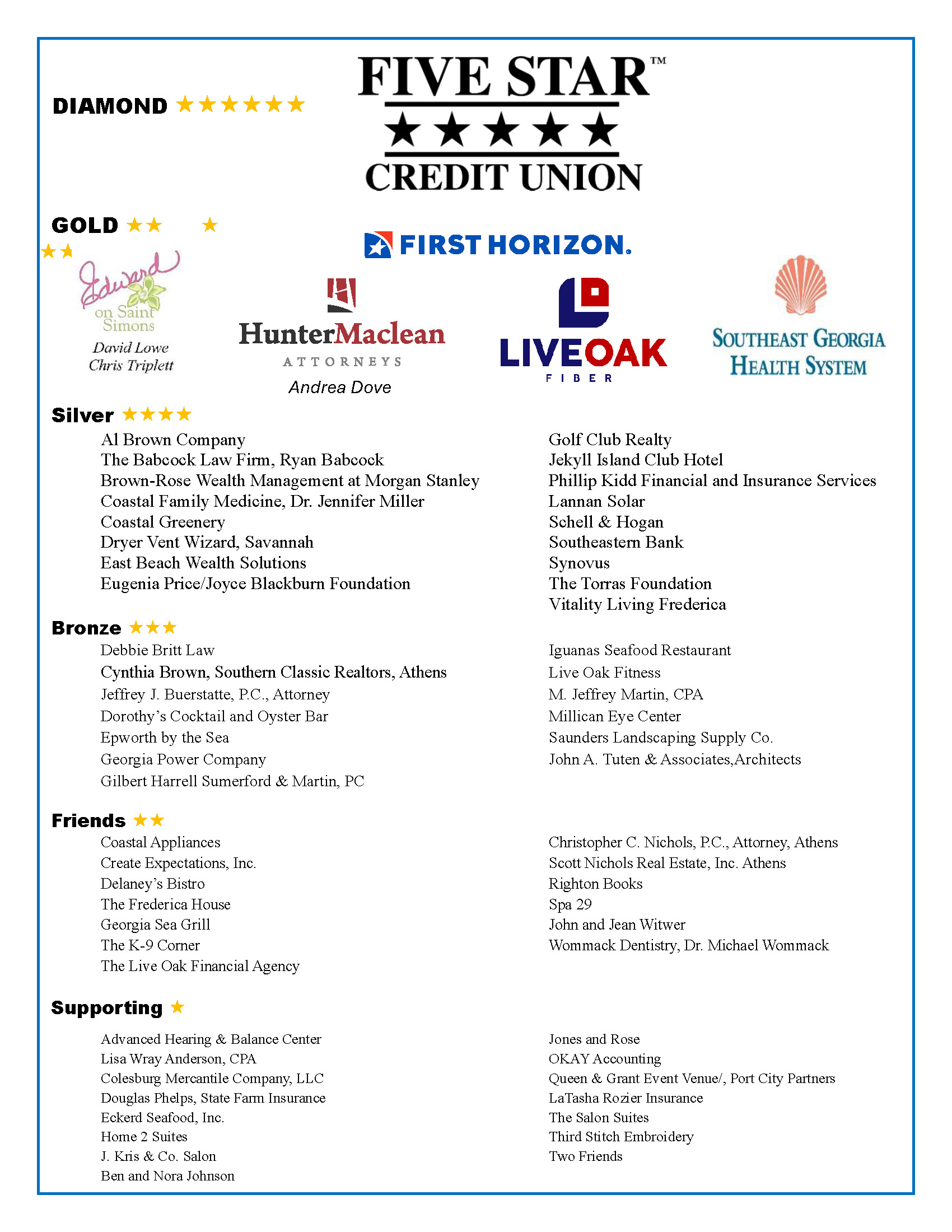
For sponsorship information contact us at coastalsymphonyofgeorgia@gmail.com.
Your support ushers the joy of music to everyone possible through innovative concert and public space performances, events, and music education programs. Play your part by making a gift today.
The Coastal Symphony of Georgia is committed to offering performances of the finest in symphonic music, now and in the future. Become an important partner in the artistic life of our community to ensure this local professional symphony can continue to shine as the premier musical organization in the Golden Isles. We thank you.
Your support will be widely recognized, reaching thousands of potential customers and clients online and in our newsletters, season programs, and with stage recognition and onsite signage at premier levels.
Your support ushers the joy of music to everyone possible through innovative concert and public space performances, events, and music education programs. Play your part by making a gift today.
The Coastal Symphony of Georgia is committed to offering performances of the finest in symphonic music, now and in the future. Become an important partner in the artistic life of our community to ensure this local professional symphony can continue to shine as the premier musical organization in the Golden Isles. We thank you.
Your support will be widely recognized, reaching thousands of potential customers and clients online and in our direct-mailed newsletters, season programs, and with stage recognition and onsite signage at premier levels.
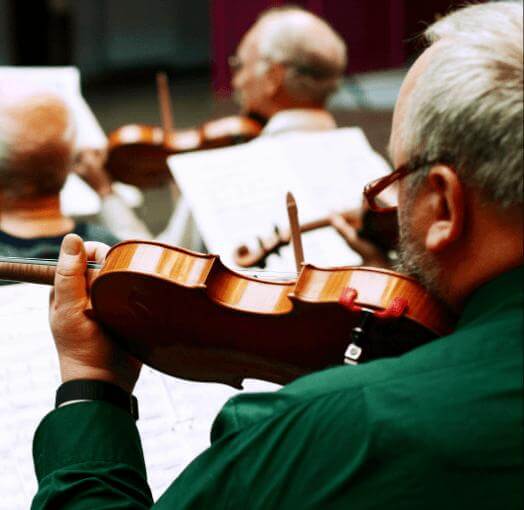
Your time and passion as a volunteer for The Coastal Symphony of Georgia helps us to play on. This 41st season we are seeking 40+ volunteers to help us in our seasonal performances and special events.
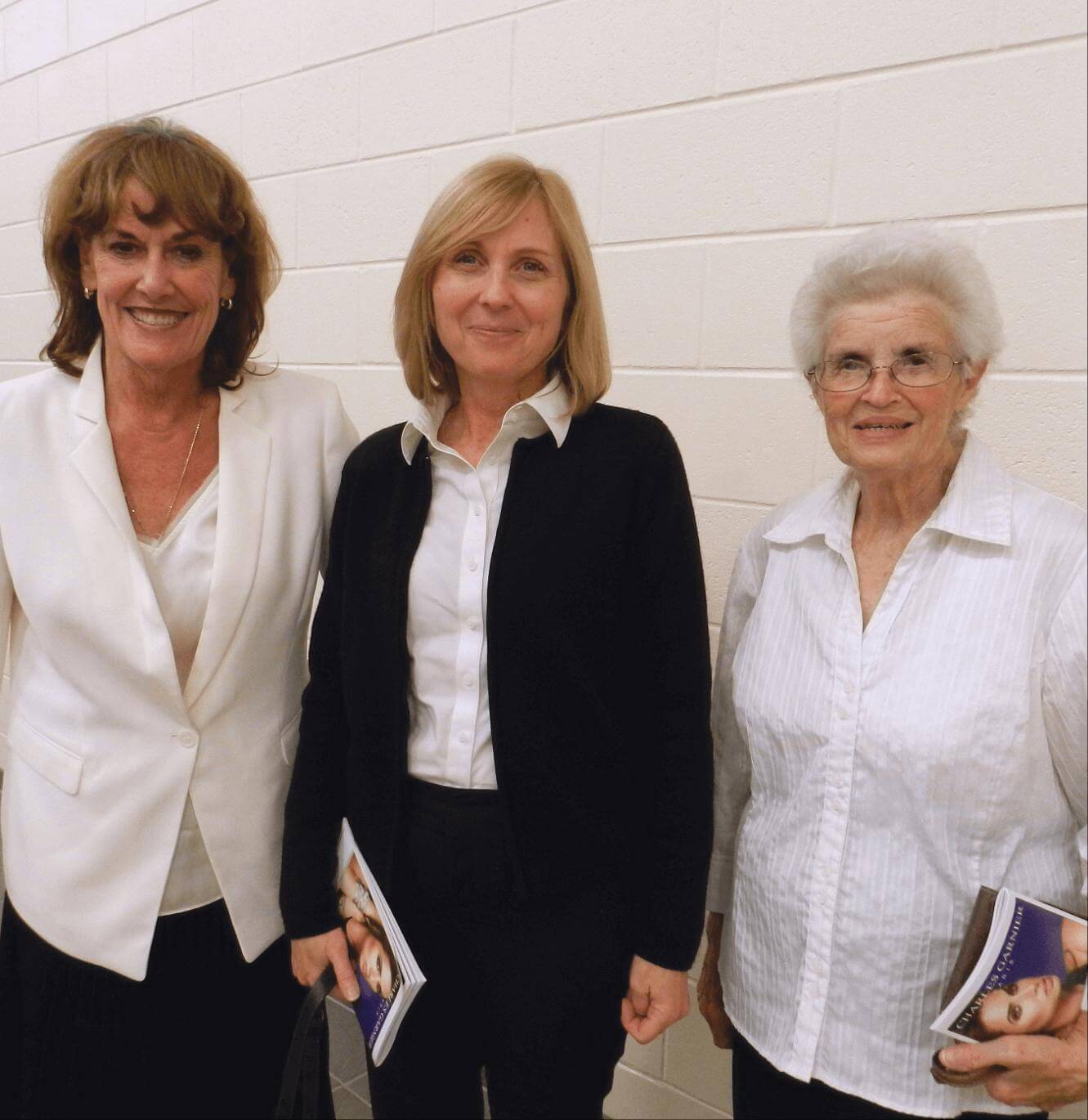
Finale Night begins with a Fanfare for the Uncommon Woman #1 by American composer, Joan Tower. The Fanfare, which she says is a tribute to “women who take risks and are adventurous,” is bold music featuring clashing cymbals, huge percussion strokes, and powerful rhythms.
Aaron Copland’s Billy the Kid Suite follows. Music written for a “cowboy ballet” incorporates cowboy tunes and American Folk songs as it tells the story of infamous outlaw Billy the Kid. The rich music opens with a pastoral setting on the open prairie before moving on to the merry tunes of a busy town, the percussive hurried pace of a gun battle, the celebration of Billy’s capture and finally his demise at the hands of sheriff, Pat Garrett, set to strings, winds, and brass.
Following intermission, we will hear Czech composer Antonín Dvořák’s Symphony No. 9, popularly known as the New World Symphony. It was composed by Antonín Dvořák when he was director of the National Conservatory of Music of America and became greatly influenced by American Spirituals and Native American music. He advised American composers to turn to “Negro melodies” as a foundation of a serious and original school of composition, adding that “they are the folk songs of America.”
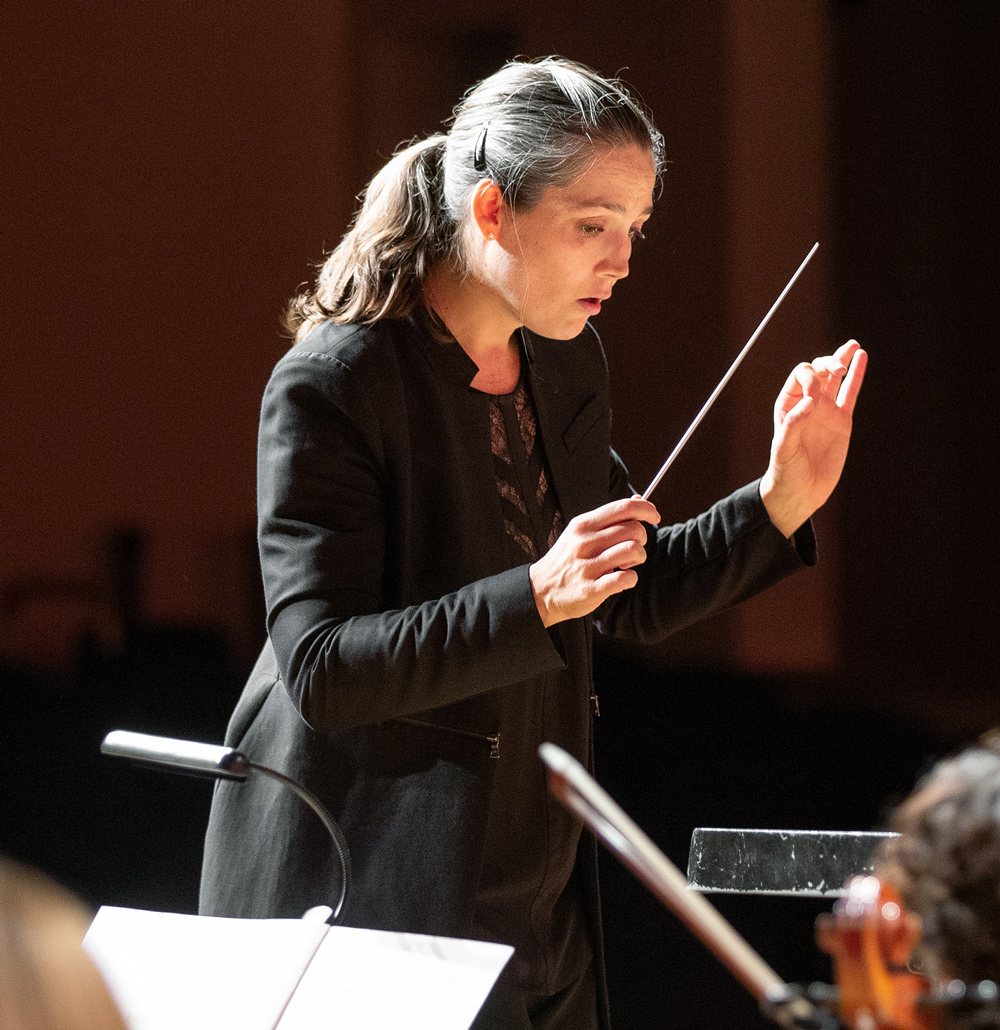
The highlight of our fall concert will be a performance by Mezzo Soprano Ashley Dixon, a rising star on the national operatic stage. She will sing Edward Elgar’s Sea Pictures Song Cycle with the orchestra. The music is taken from 19th Century poetry and will showcase her voice which has been described as a “robust instrument,” both “melodious” and “precise.”
The concert will open with Moldau, a symphonic poem written by Bohemian composer Bedrich Smetana, and it will close with Brahms Symphony No. 1 which took 14 years to complete and was hailed by conductor Hans von Bulow as “Beethoven’s Tenth” in 1877.
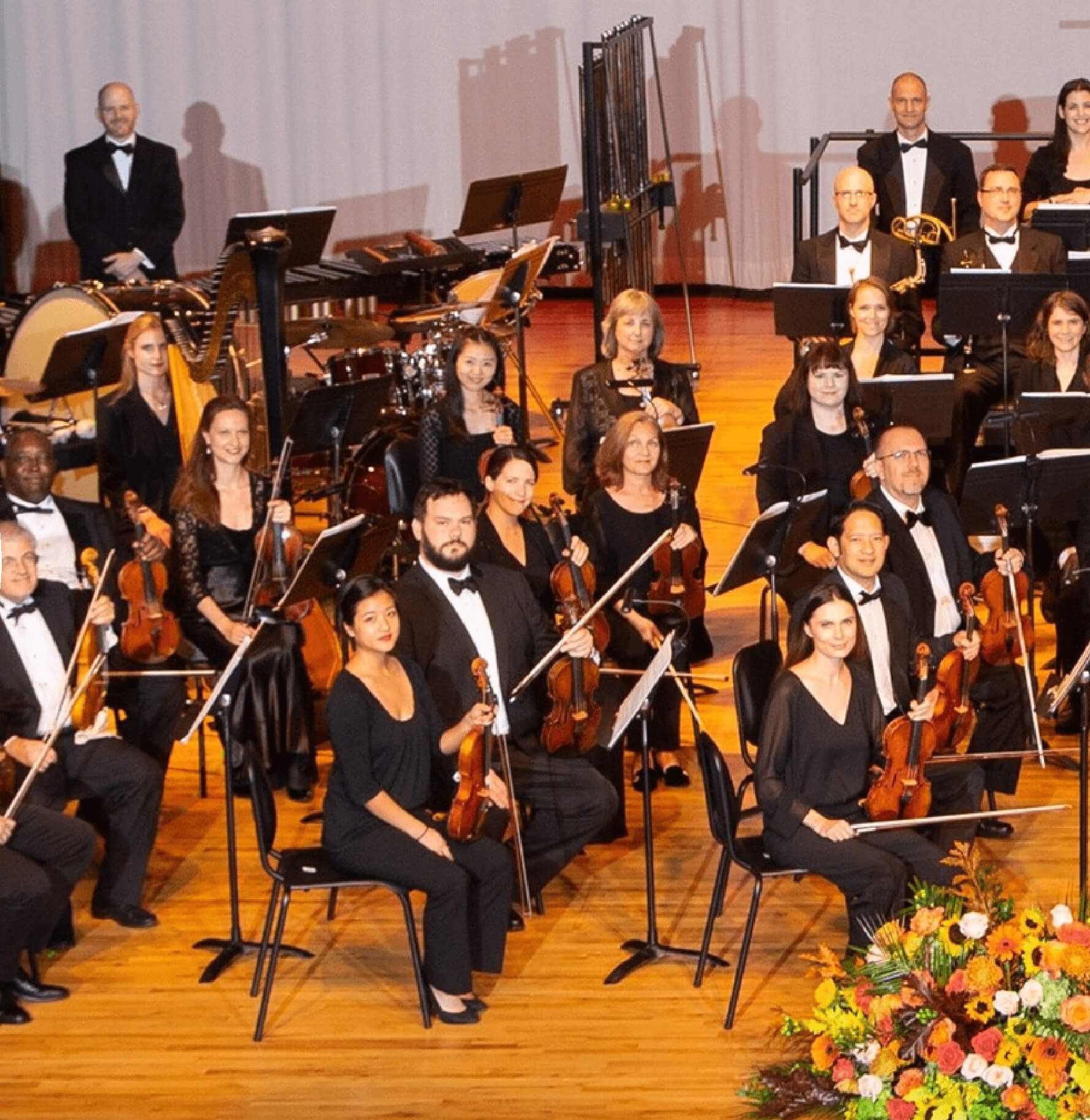
A Cocktail Reception with the musicians follows the performance
Thursday, December 14 at 6:00 pm
VITALITY LIVING FREDERICA
3615 Frederica Road, St. Simons Island
$45 per person – Limited Seating

Platinum Patron $10,000
Reserved table for ten
Spotlight seating by stage
Recognition on Invitation and Program
Gold Patron $5,000
Reserved table for eight
Premier seating by stage
Recognition on Invitation and Program
Silver Patron $3,000
Reserved table for four
Elite seating
Recognition on Invitation and Program
Patron $2,500
Elite seating for two
Recognition on Invitation and Program
Partner $1,500
Preferred seating for two
Recognition on Invitation and Program
Benefactor $750
Seating for two
Recognition on Invitation and Program
Individual Seats $190
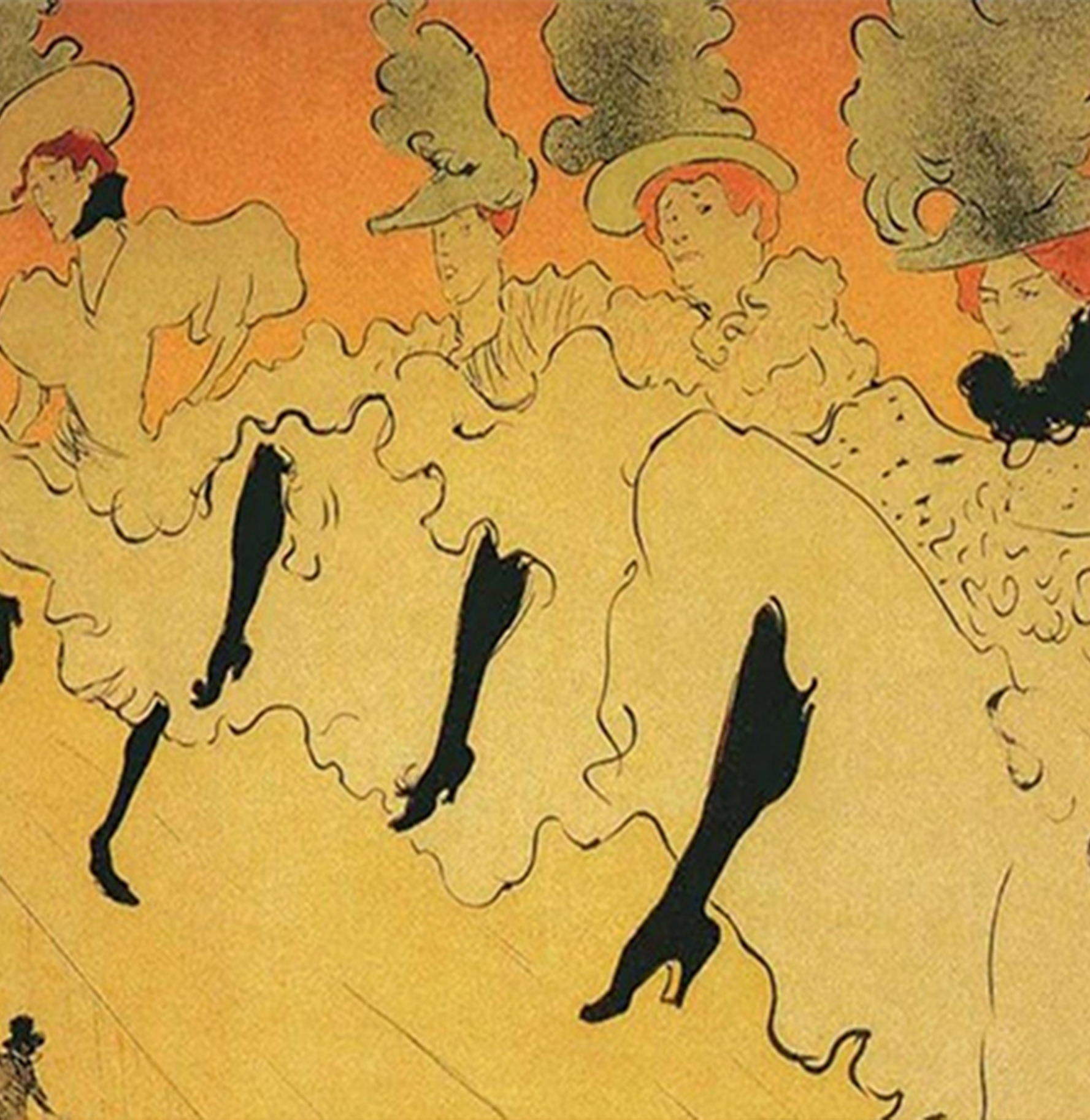
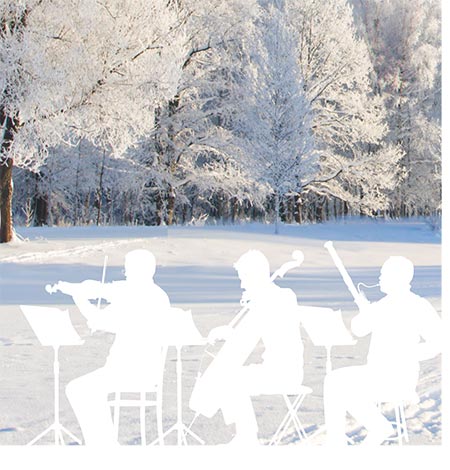

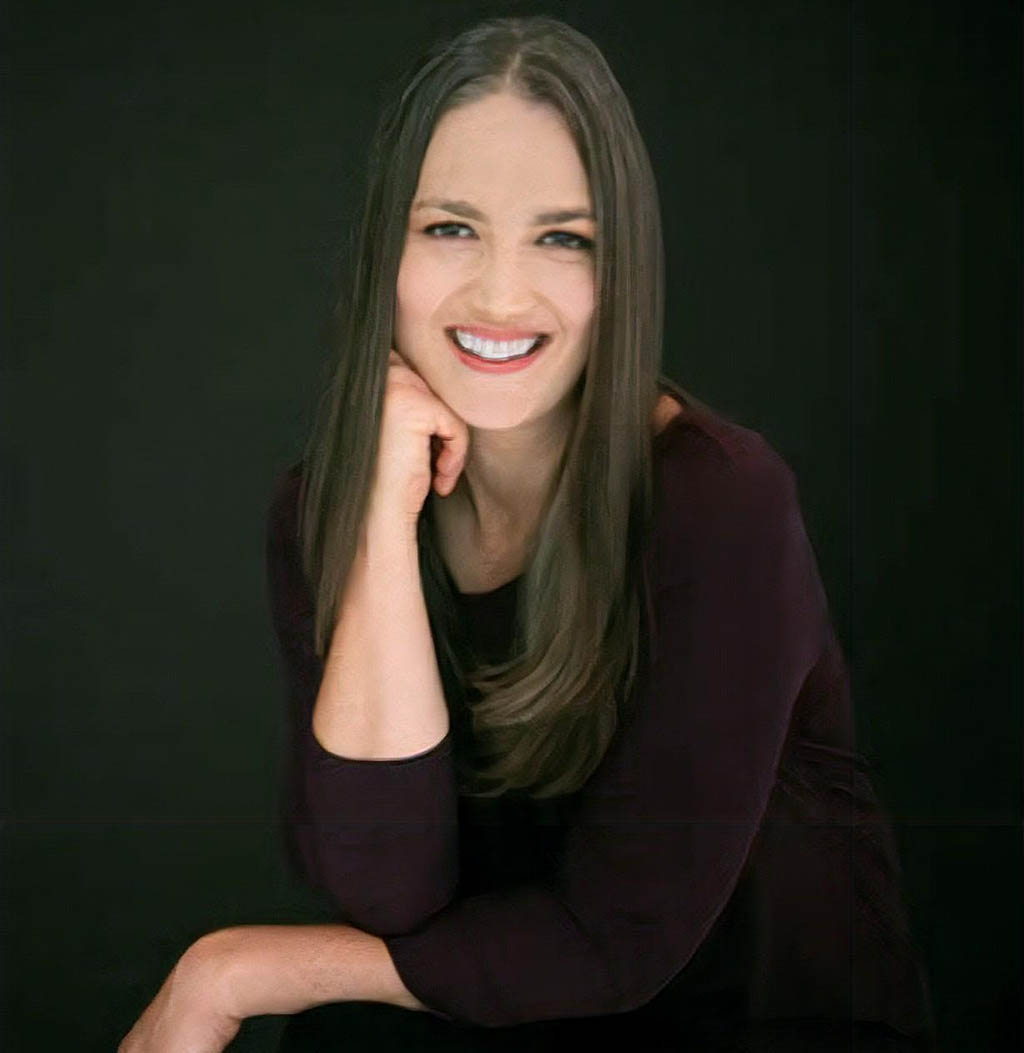
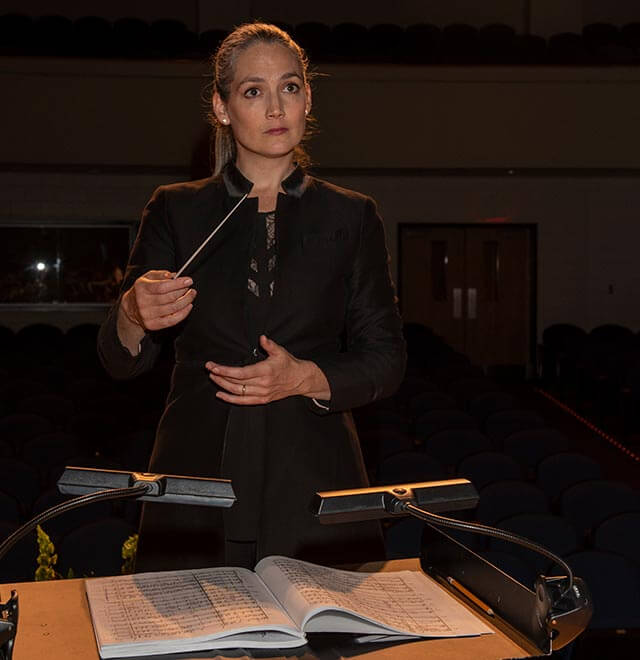
The 42nd Anniversary Season of The Coastal Symphony of Georgia begins September 2024 and continues until June 3, 2025. During the past 42 years we have grown from a volunteer community orchestra to the fully professional premier musical organization in the Golden Isles. We are grateful to those who have gone before, and we are so excited about providing excellence in symphonic music in the years ahead.
We could not have accomplished any of this without the support and enthusiasm of our patrons, donors, advertisers, sponsors, and volunteer “working” boards of directors. Heartfelt thanks to each and every one of you.
Our 42nd Season promises to inspire, enchant and engage us as Music Director and Conductor, Michelle Merrell, will take us on another journey of musical discovery. Three concerts will be held at Brunswick High School and one at Wesley United Methodist Church at Frederica on St. Simons Island.
Don’t forget to order your tickets for a season you won’t want to miss. Keep visiting our website and watch for our newsletters. We promise to keep you informed.
If you have questions, feel free to contact the Symphony voicemail at 912-634-2006 and a representative will return your call – or email coastalsymphonyofgeorgia@gmail.com
Leslie Graitcer ,
President, Board of Directors

Michelle Merrill enters her 8th season as Music Director of The Coastal Symphony of Georgia. She describes this as living her dream and feels blessed to help spread the power of music in the Golden Isles. Merrill continues to design symphony programs of superlative quality for our audiences. She often plans pieces composed by women and composers of color and enjoys planning music from both the old masters and new works alike.
Merrill is a recipient of the 2016 Solti Foundation U.S. Career Assistance Award, and the prestigious 2013 Ansbacher Conducting Fellowship, awarded by members of Vienna Philharmonic and American Austrian Foundation, which enabled her to be in residence at the world-renowned Salzburg Festival. As a passionate and dynamic artist, she is the Symphony’s ambassador with community speaking engagements and also assists in development of SoundBites events and in-school Musical Mentors program.
A strong advocate of new music, Merrill recently conducted three Joan Tower works at Round Top Music Festival Institute in celebration of the composer’s 80th birthday, featuring soloists Carol Wincenc on flute and Brett Deubner on viola. She worked with composer Gabriela Lena Frank and soprano Jessica Rivera on Frank’s work La Centinela y la Paloma (The Keeper and the Dove), as a part of numerous community programs related to the Diego Rivera and Frida Kahlo exhibition at the Detroit Institute of Arts.
Prior to Ms. Merrill’s leadership in the Golden Isles, she served four years as Associate Conductor of Detroit Symphony Orchestra as the Phillip and Lauren Fisher Community Ambassador. Her conducting engagements have included symphonies and opera houses spanning cities coast to coast and in Toronto, Canada.
Merrill led the world premiere performance of Gabriela Lena Frank’s Walkabout: Concerto for Orchestra in 2017 with Detroit Symphony Orchestra. She made her debut at St. Augustine Music Festival conducting the world-premiere performance of Piort Szewczyk’s St. Augustine Suite written in honor of that city’s 450th anniversary. The highly praised 2015 performance was featured on NPR’s “Performance Today”.
Ms. Merrill stepped in on short notice with Meadows Symphony Orchestra for their performance of Shostakovich’s Fourth Symphony, which music critic Scott Cantrell of The Dallas Morning News described as “stunning” and later named to his list of Top Ten Classical Performances of 2014.
Born in Dallas, Texas, Michelle Merrill studied conducting with Dr. Paul C. Phillips at Southern Methodist University’s Meadows School of the Arts, where she holds a Master of Music degree in conducting and a Bachelor of Music in performance. She loves cooking, running, hiking, and spending time with her husband, Steve Merrill, principal percussionist with both Coastal Symphony of Georgia and Jacksonville Symphony, and their two sons.
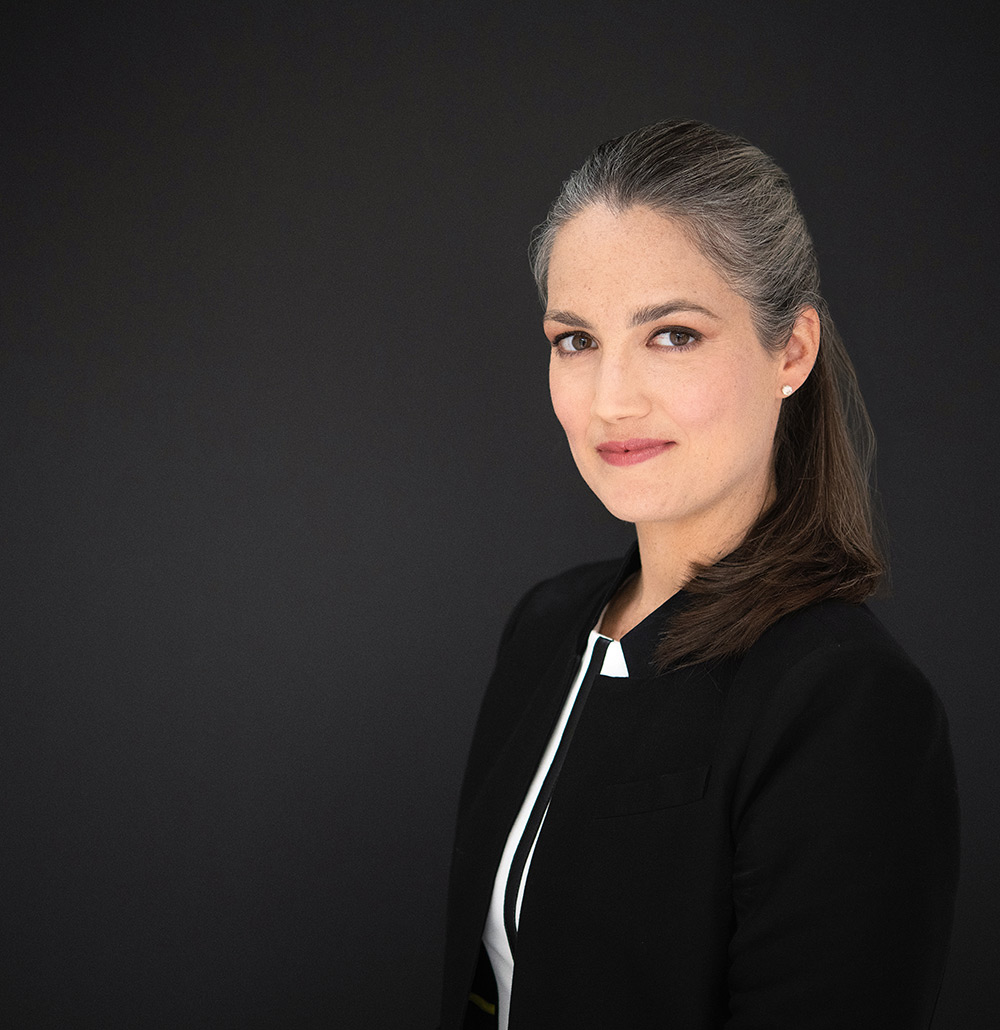

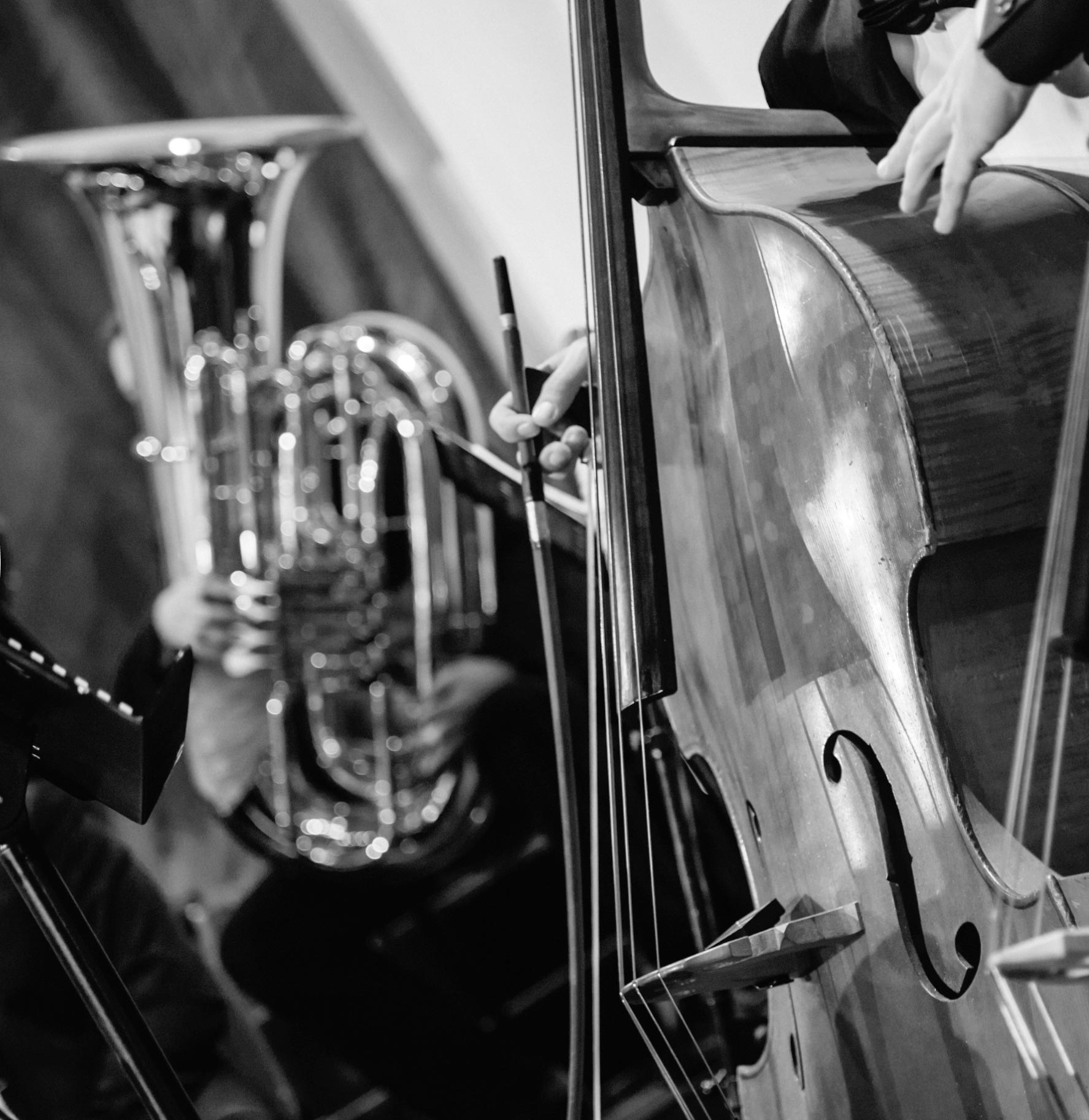
We began in 1982 as the vision of two public school music teachers who helped establish the Brunswick Community Orchestra. In 1994, we were renamed The Coastal Symphony of Georgia, Inc. (CSG) and professional conductors were hired to direct the community-based orchestra. In time, professional musicians were added to the mix and, in 2013, Maestro Luis Haza took the orchestra entirely professional with a vision to provide the best in musical excellence for the community. That vision and commitment continues today under the baton of Michelle Merrill who joined us as Music Director and Conductor after Haza’s retirement.
Entering her eighth season, Merrill continues to design symphony programs of superlative quality for our audiences. She often plans pieces composed by women and composers of color and enjoys planning music from both the old masters and new works alike.

We harness the transformative power of live music to build community and to inspire the inner creative spirit in each of us.
Musical Mentors gives children an up front and personal connection with professional musicians. In partnership with the Golden Isles Youth Orchestra (GIYO) we are bringing this experience to fifth graders throughout the Golden Isles in both public and private school settings. In a weeklong program, students learn the basics of playing the violin, as well as a short piece to play with their Mentor who arrives at the end of the week.
We reach as many as 1,000 students during a school year, fostering a love for music in their lives, and our scheduling these student connections for the 2025-2026 school year.
If you would like to support our musical mentors program, click here.
Last Friday, March 28th, 2025, the Coastal Symphony of Georgia's Musical Mentors Program partnered with the Golden Isles Youth Orchestra (GIYO) to bring an inspiring musical experience to the 5th-grade students at CB Greer Elementary School.
Throughout the week, students learned the basics of playing the violin, including plucking and bowing techniques, and even mastered a short unison piece. On the Friday, they had the exciting opportunity to meet a professional musician, Hannah Barrow, who shared her journey as a violinist and performed for the students.
The day concluded with students showcasing their newly learned skills by performing together, receiving certificates of completion, and learning about future opportunities in music.
This collaboration between the Coastal Symphony of Georgia and GIYO continues to inspire young minds and foster a love for music in our local schools. 🎼
Scroll down to see highlights from this wonderful event!
.jpg)
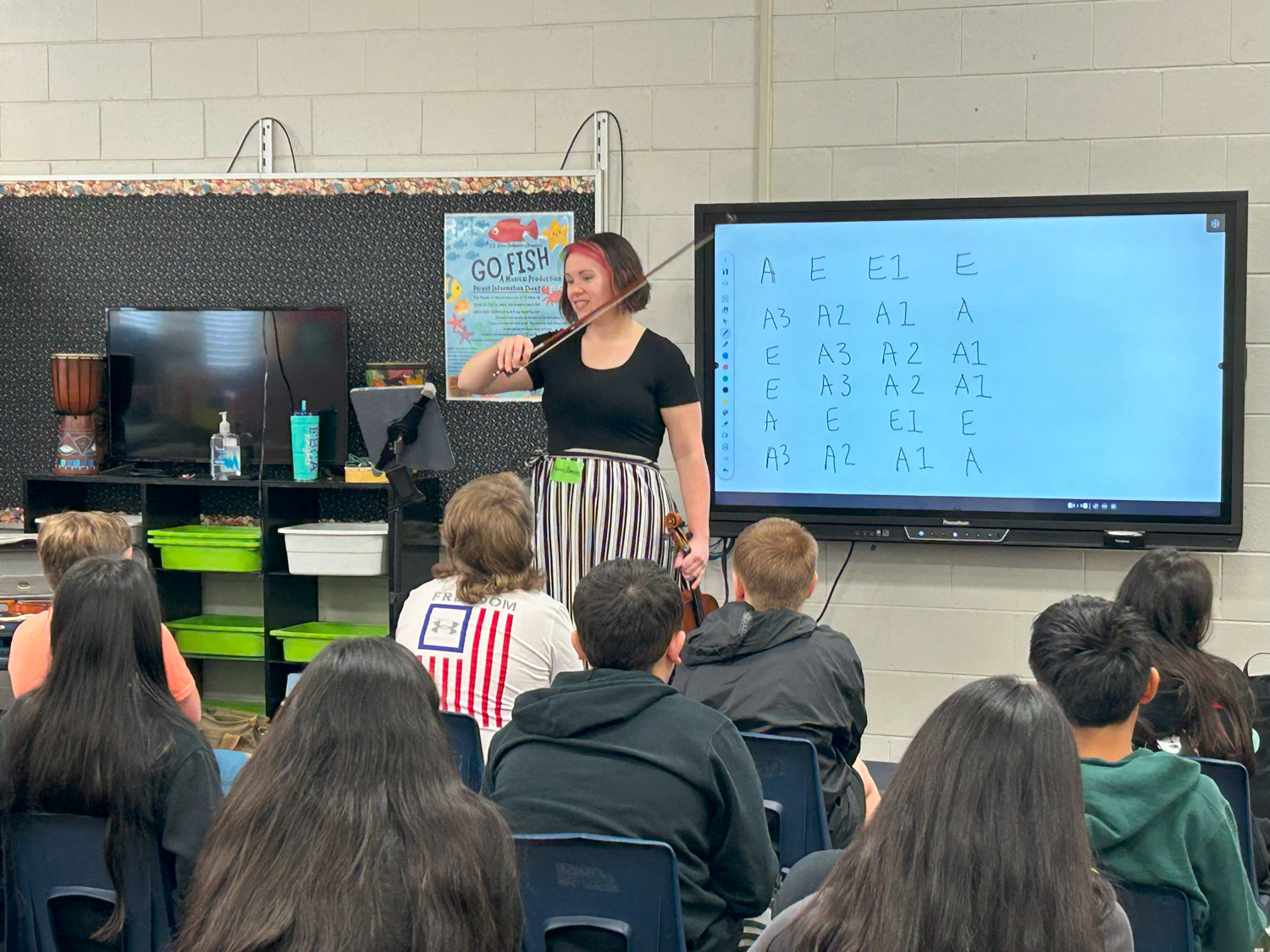

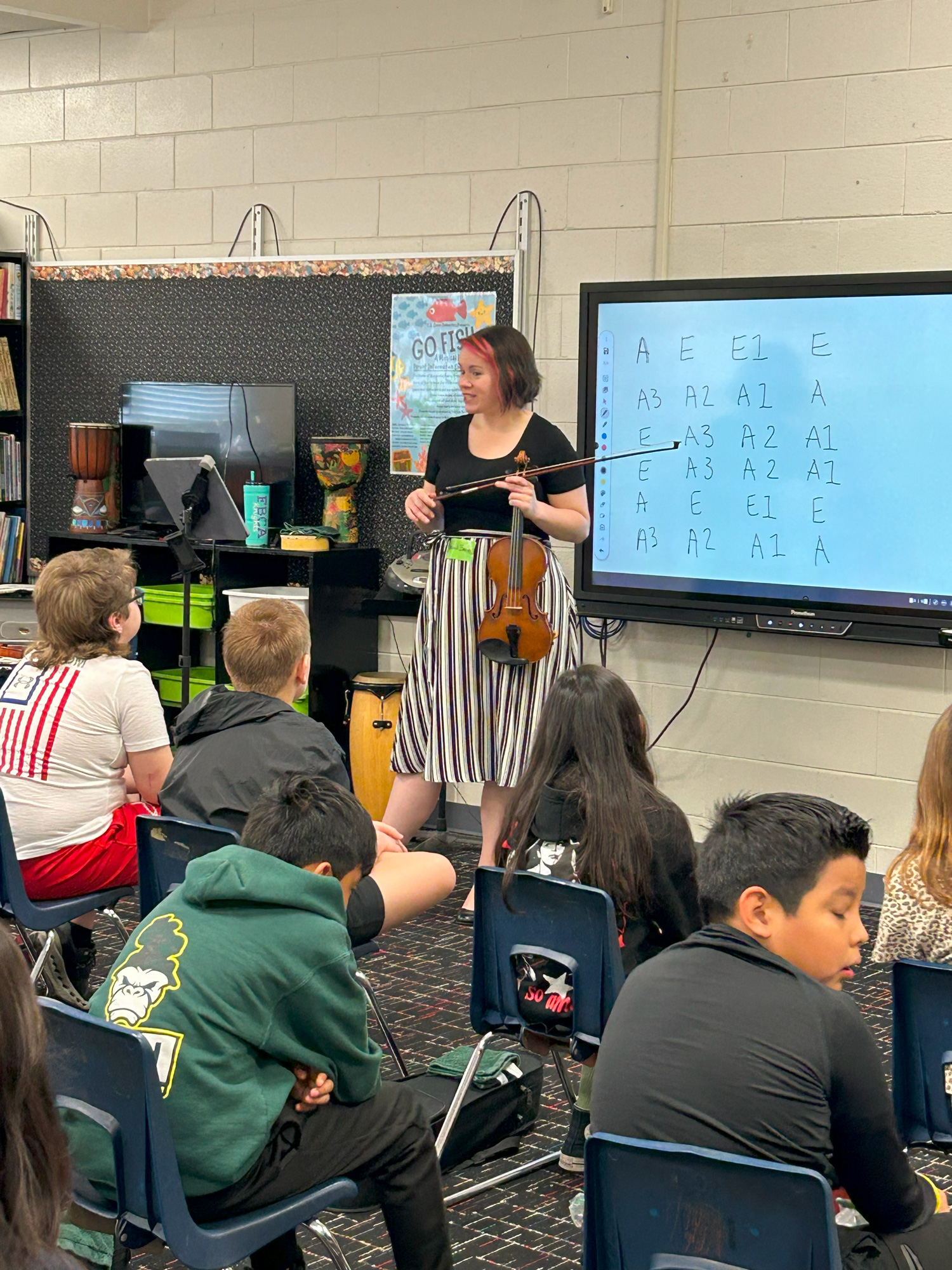
CSG ensembles often perform outside the concert hall to bring music to those who cannot attend our concerts. We partner with other community organizations to make these free performances available to the public. Our musicians have performed at Memorial Day events, community outreach programs at the Rise Risley Community Center, downtown Brunswick Christmas Tree Lighting among others. Plans are underway for events coming in the 2025-2026 Symphony season.

THE COASTAL SYMPHONY OF GEORGIA
PO BOX 21733 | St. Simons Island, GA 31522
912-634-2006 |
